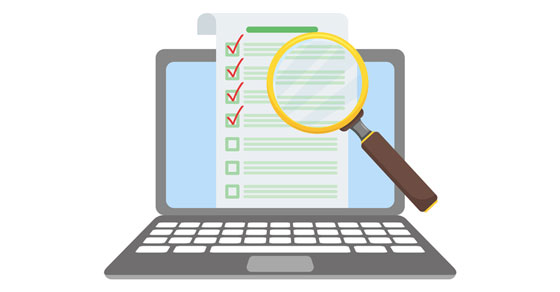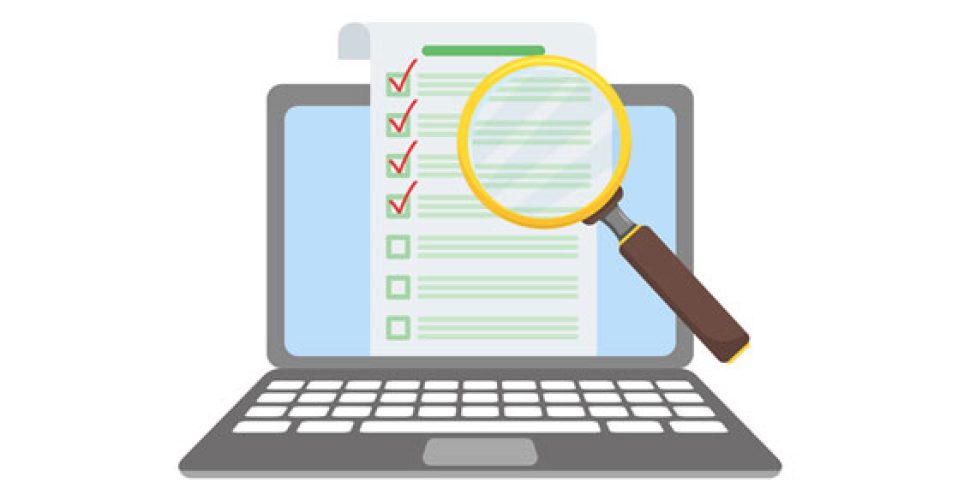
The IRS has begun mailing notices to businesses, financial institutions and other payers that filed certain returns with information that doesn’t match the agency’s records.
These CP2100 and CP2100A notices are sent by the IRS twice a year to payers who filed information returns that are missing a Taxpayer Identification Number (TIN), have an incorrect name or have a combination of both.
Each notice has a list of persons who received payments from the business with identified TIN issues.
If you receive one of these notices, you need to compare the accounts listed on the notice with your records and correct or update your records, if necessary. This can also include correcting backup withholding on payments made to payees.
Which returns are involved?
Businesses, financial institutions and other payers are required to file with the IRS various information returns reporting certain payments they make to independent contractors, customers and others. These information returns include:
- Form 1099-B, Proceeds from Broker and Barter Exchange Transactions,
- Form 1099-DIV, Dividends and Distributions,
- Form 1099-INT, Interest Income,
- Form 1099-K, Payment Card and Third-Party Network Transactions,
- Form 1099-MISC, Miscellaneous Income,
- Form 1099-NEC, Nonemployee Compensation, and
- Form W-2G, Certain Gambling Winnings.
Do you have backup withholding responsibilities?
The CP2100 and CP2100A notices also inform recipients that they’re responsible for backup withholding. Payments reported on the information returns listed above are subject to backup withholding if:
- The payer doesn’t have the payee’s TIN when making payments that are required to be reported.
- The individual receiving payments doesn’t certify his or her TIN as required.
- The IRS notifies the payer that the individual receiving payments furnished an incorrect TIN.
- The IRS notifies the payer that the individual receiving payments didn’t report all interest and dividends on his or her tax return.
Do you have to report payments to independent contractors?
By January first of the following year, payers must complete Form 1099-NEC, “Nonemployee Compensation,” to report certain payments made to recipients. If the following four conditions are met, you must generally report payments as nonemployee compensation:
- You made a payment to someone who isn’t your employee,
- You made a payment for services in the course of your trade or business,
- You made a payment to an individual, partnership, estate, or, in some cases, a corporation, and
- You made payments to a recipient of at least $600 during the year.
Contact us if you receive a CP2100 or CP2100A notice from the IRS or if you have questions about filing Form 1099-NEC. We can help you stay in compliance with all rules.
WANT TO TURN A HOBBY INTO A BUSINESS? WATCH OUT FOR THE TAX RULES
Like many people, you may have dreamed of turning a hobby into a regular business. You won’t have any tax headaches if your new business is profitable. But what if the new enterprise consistently generates losses (your deductions exceed income) and you claim them on your tax return? You can generally deduct losses for expenses incurred in a bona fide business. However, the IRS may step in and say the venture is a hobby — an activity not engaged in for profit — rather than a business. Then you’ll be unable to deduct losses.
By contrast, if the new enterprise isn’t affected by the hobby loss rules because it’s profitable, all otherwise allowable expenses are deductible on Schedule C, even if they exceed income from the enterprise.
Note: Before 2018, deductible hobby expenses had to be claimed as miscellaneous itemized deductions subject to a 2%-of-AGI “floor.” However, because miscellaneous deductions aren’t allowed from 2018 through 2025, deductible hobby expenses are effectively wiped out from 2018 through 2025.
Avoiding a hobby designation
There are two ways to avoid the hobby loss rules:
- Show a profit in at least three out of five consecutive years (two out of seven years for breeding, training, showing or racing horses).
- Run the venture in such a way as to show that you intend to turn it into a profit-maker, rather than operate it as a mere hobby. The IRS regs themselves say th,2022-05-04 00:00:00.000,Home



